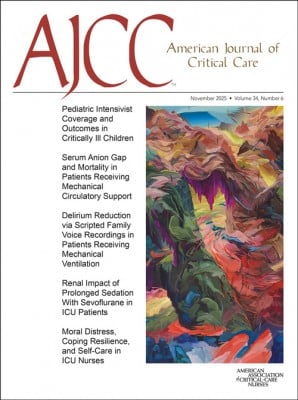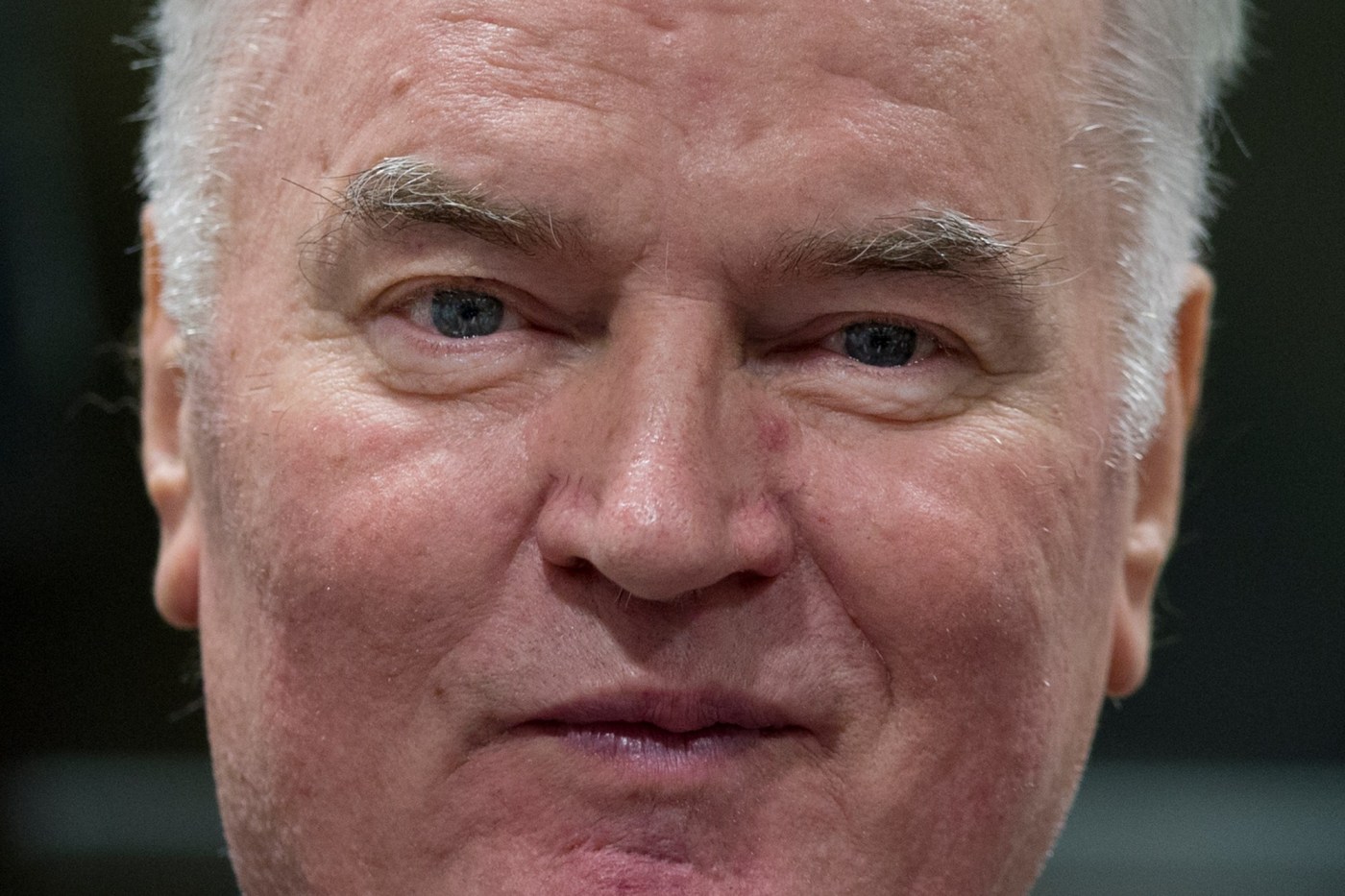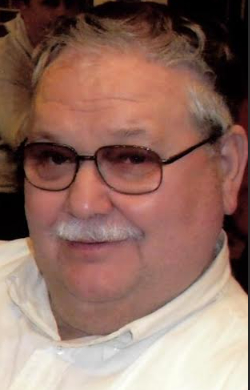BREAKING: A revolutionary approach utilizing recorded messages from family members is showing promising results in the fight against delirium in ICU patients. A new study confirms that delivering reorientation messages hourly to critically ill patients on mechanical ventilation can reduce the risk of delirium by an impressive 25%.
This urgent development was reported in the Journal of Critical Care Medicine on October 1, 2023, highlighting the critical importance of emotional support during recovery. ICU patients often experience confusion and disorientation, which can lead to longer hospital stays and serious complications.
Researchers from the University of Michigan implemented this innovative method during a recent trial involving multiple hospitals. They played personalized recordings from family members, providing updates and familiar voices to help patients feel connected and grounded. This approach not only aids in mental clarity but also promotes faster recovery times.
The study involved a diverse group of ICU patients, all receiving mechanical ventilation. The recorded messages were played every hour during daylight hours, effectively bridging the emotional gap created by isolation in critical care settings. Patients reported feeling less anxious and more oriented, with clinicians noting a significant drop in delirium rates.
According to lead researcher Dr. Emily Johnson, “Our findings suggest that simple interventions like recorded family messages can have profound effects on a patient’s mental state and overall recovery.” The emotional impact of hearing a loved one’s voice was underscored as a key factor in reducing delirium.
This development is particularly timely given the increasing focus on patient-centered care in hospitals. As healthcare systems grapple with the challenges of critical illness, this innovative approach offers a beacon of hope for families and medical professionals alike.
What’s next? Hospitals worldwide may soon implement this practice to enhance patient outcomes. Medical experts encourage further studies to explore the long-term benefits and potential applications in other areas of healthcare.
As this story unfolds, the implications for patient care and recovery are significant. Share this groundbreaking news to raise awareness about the power of family connection in critical care!







